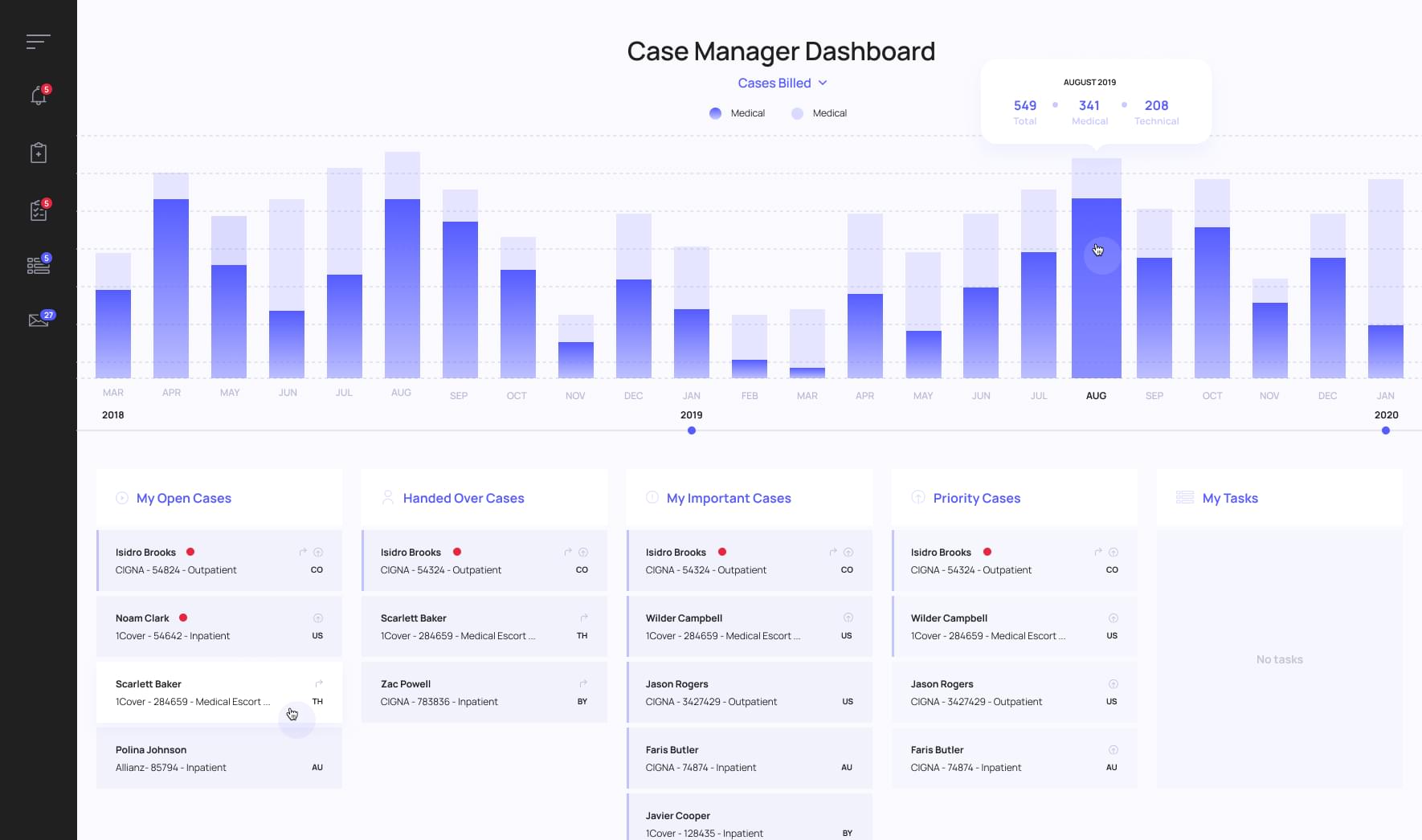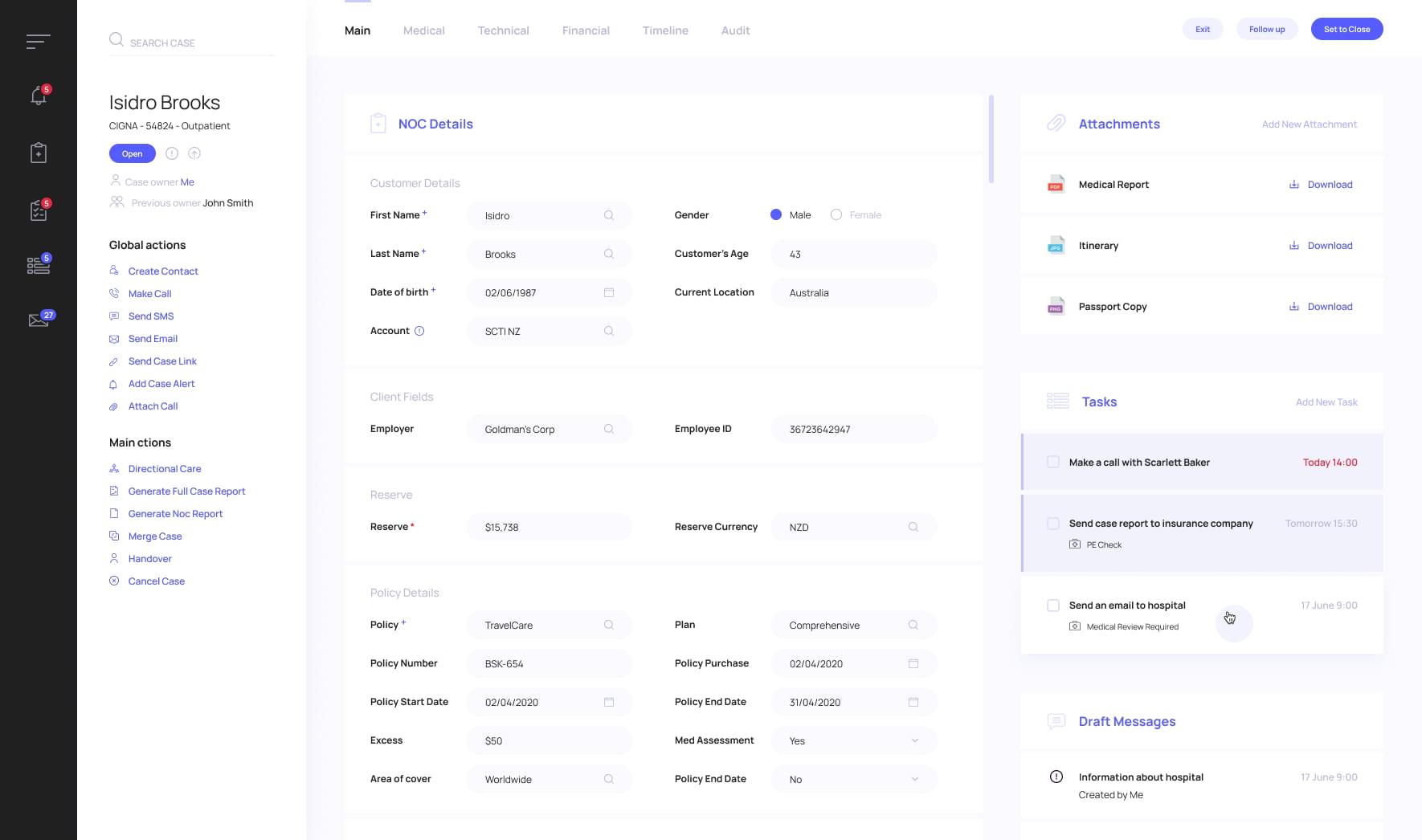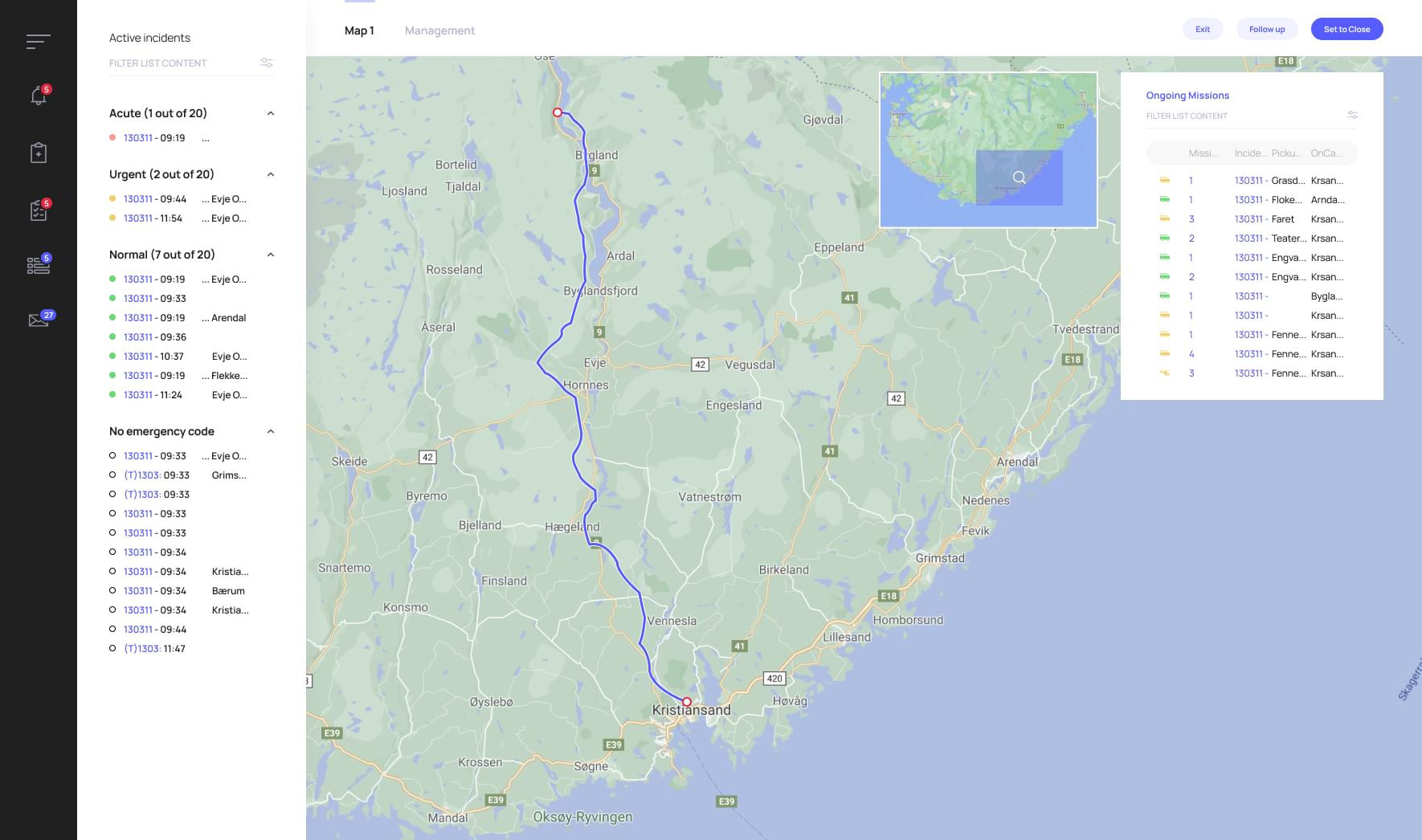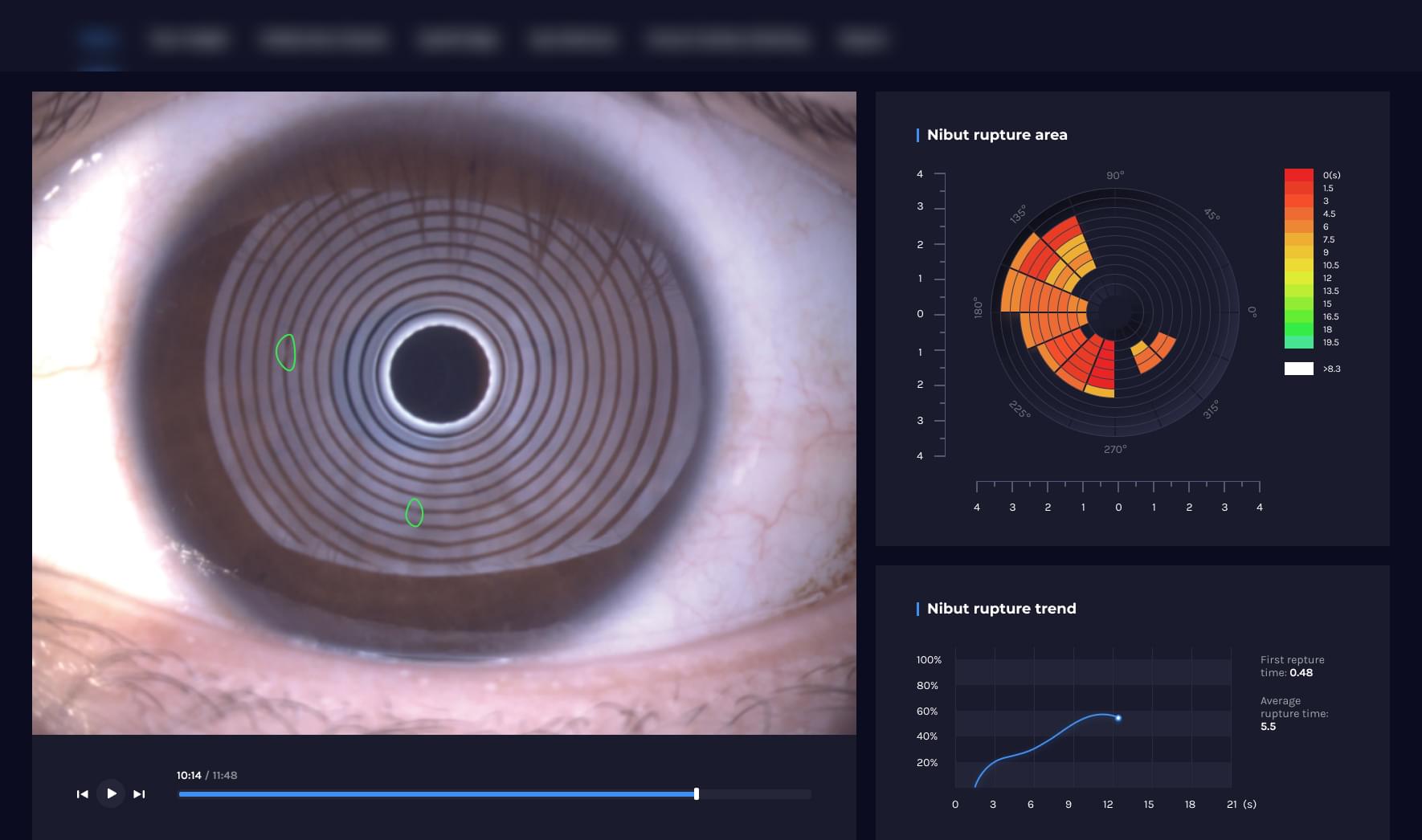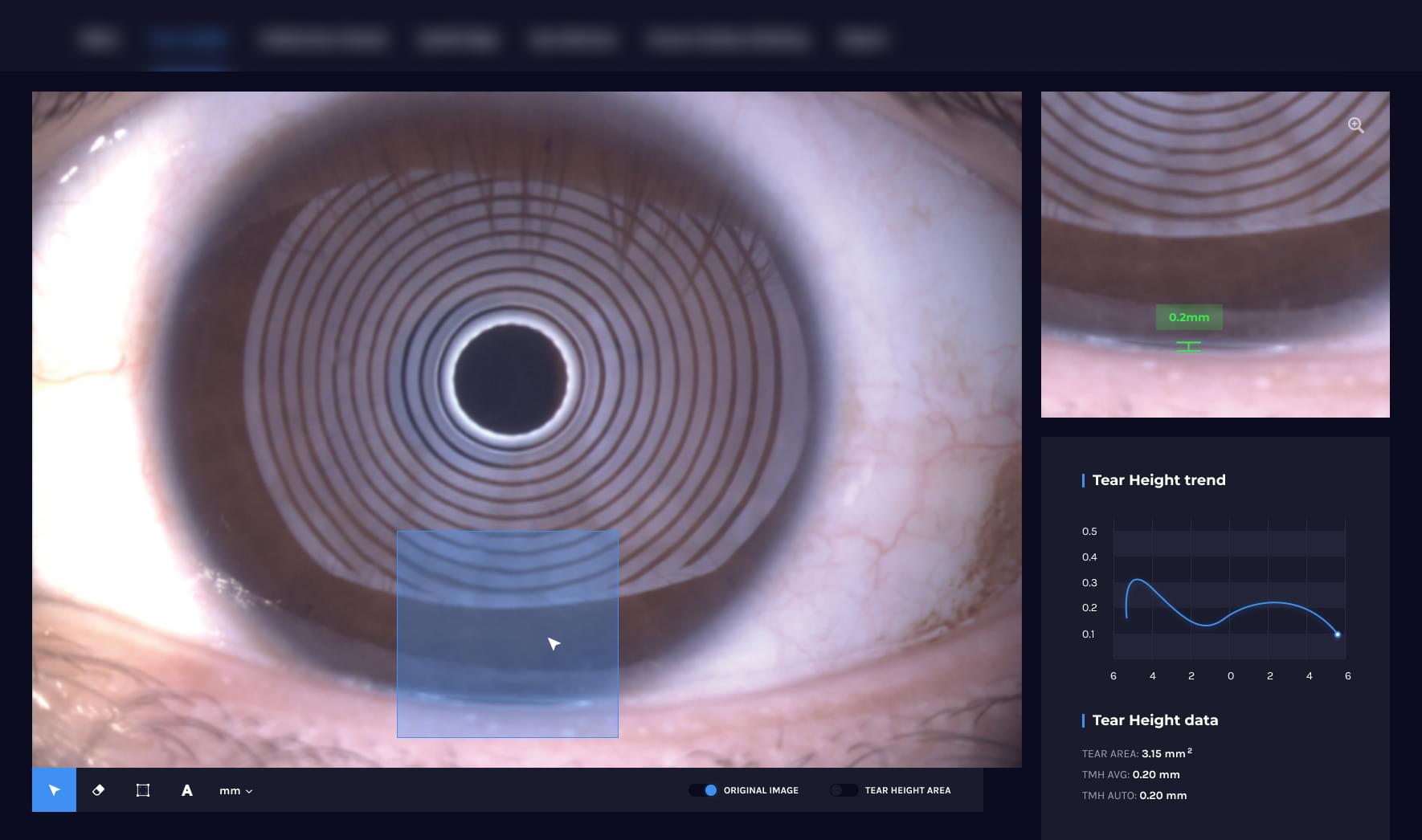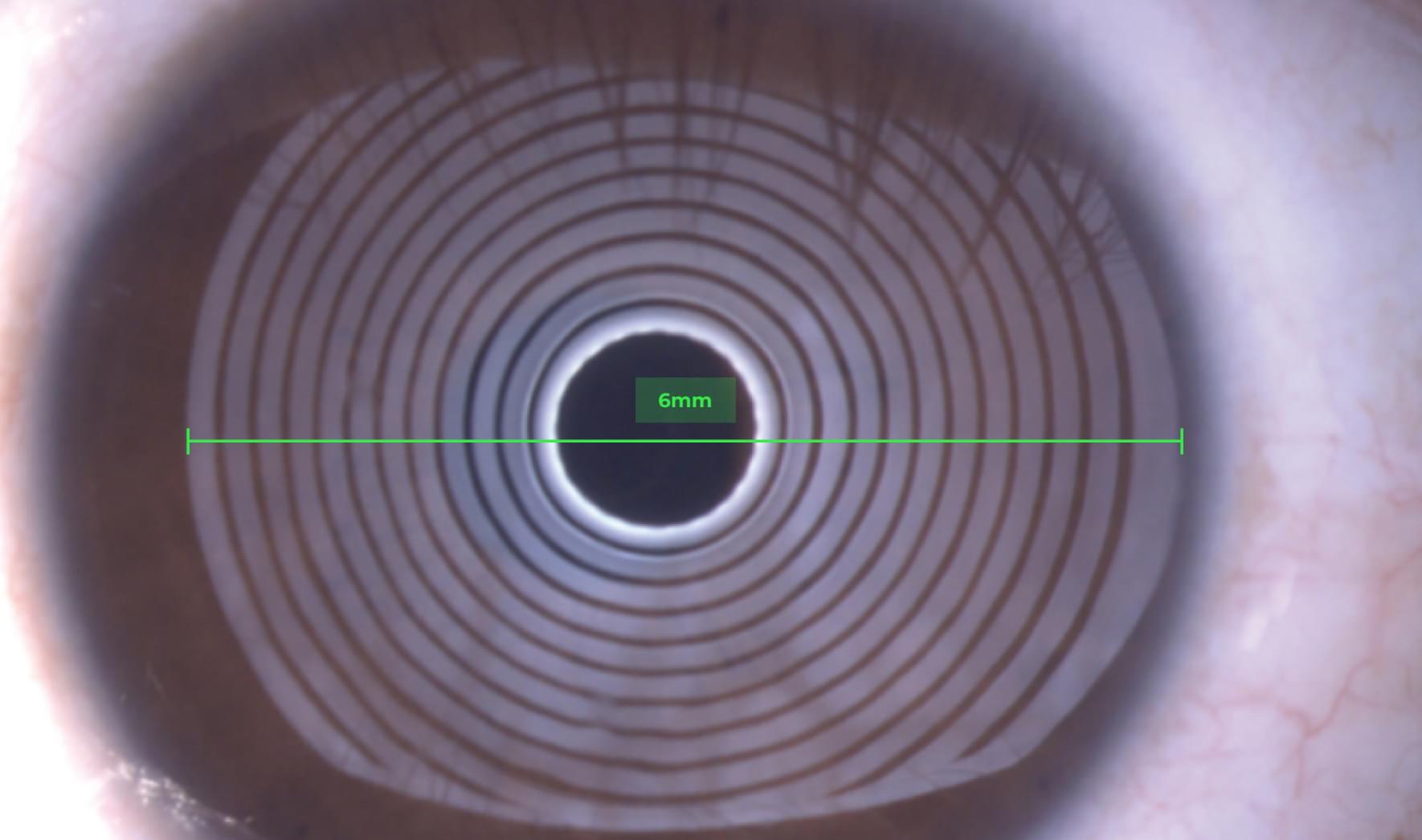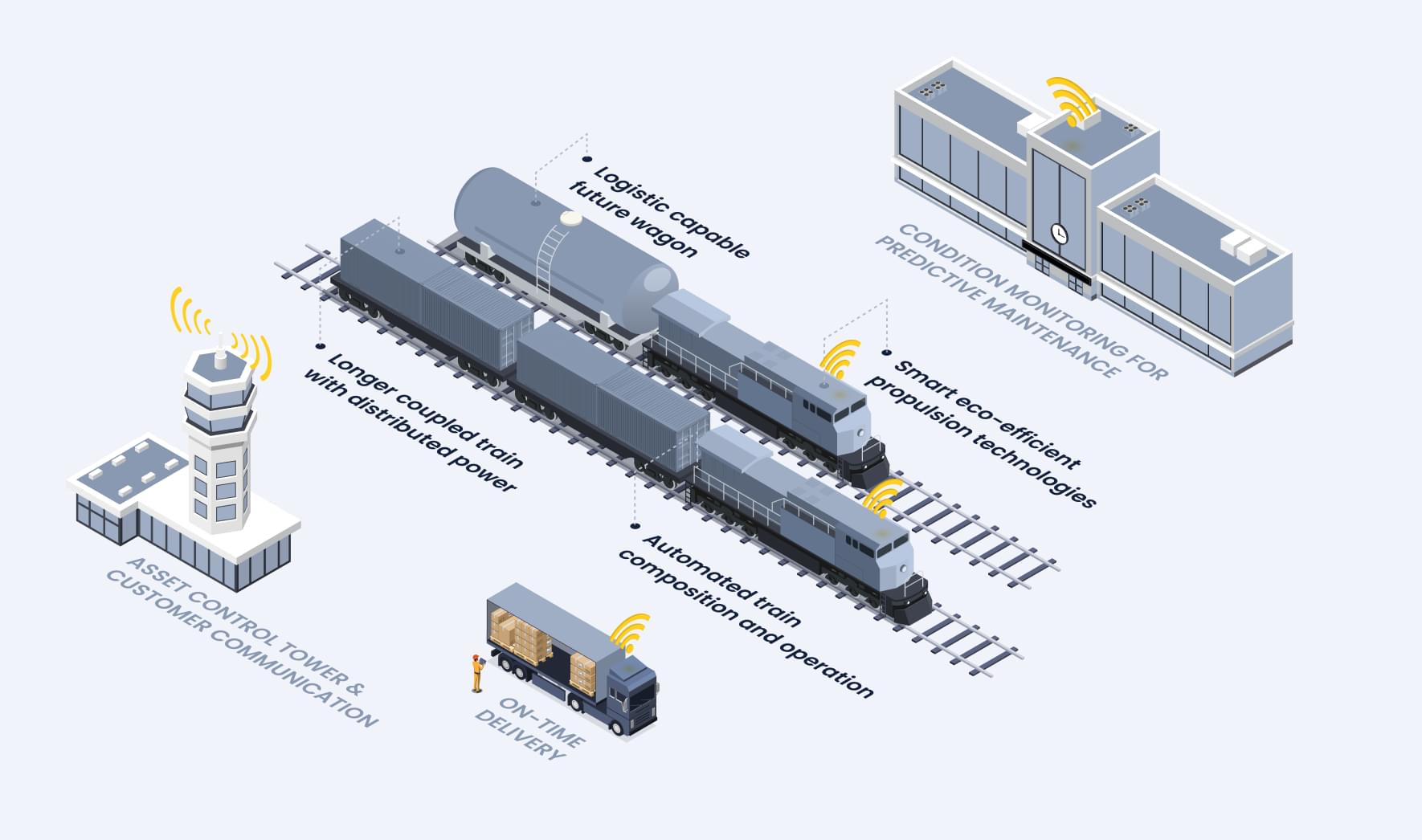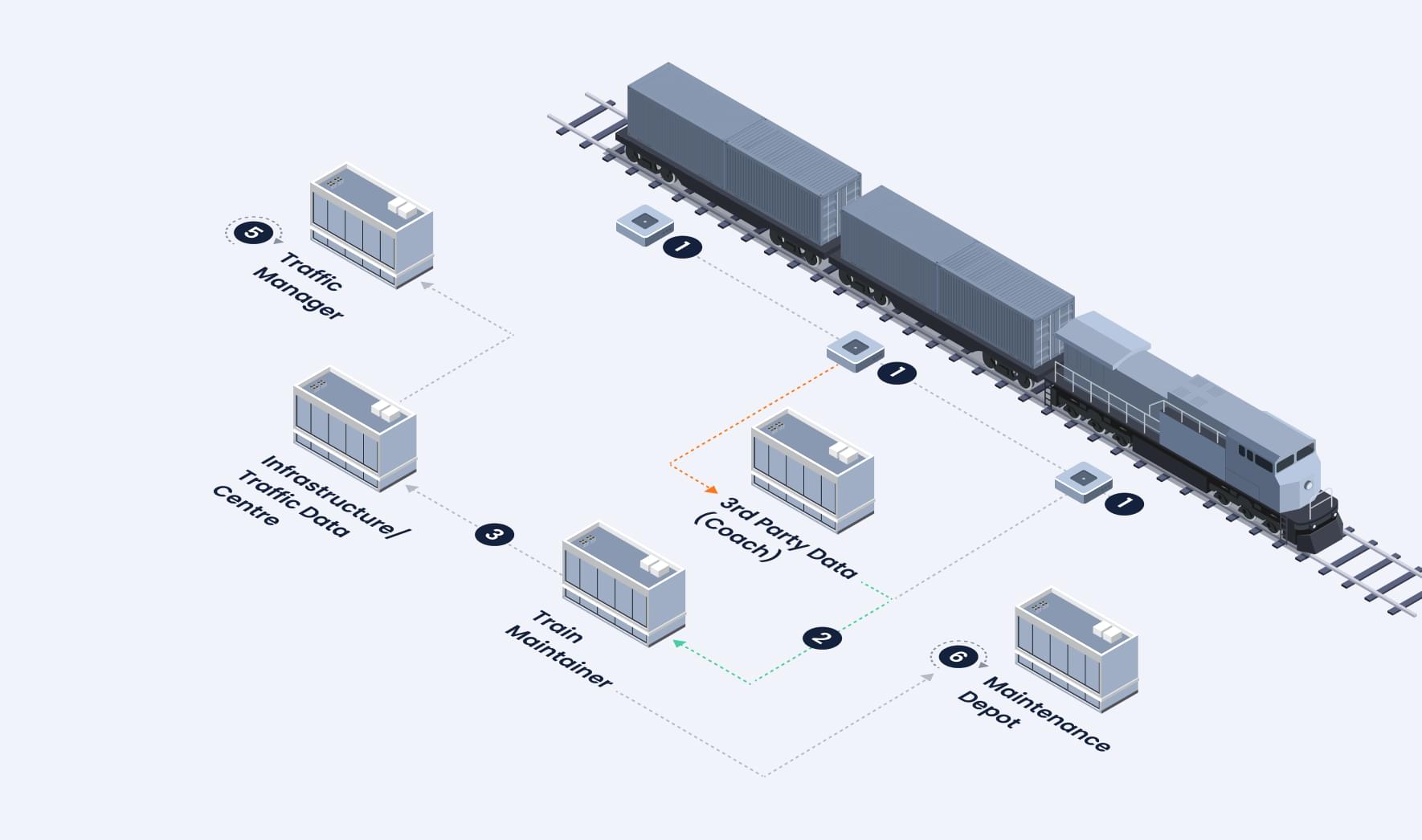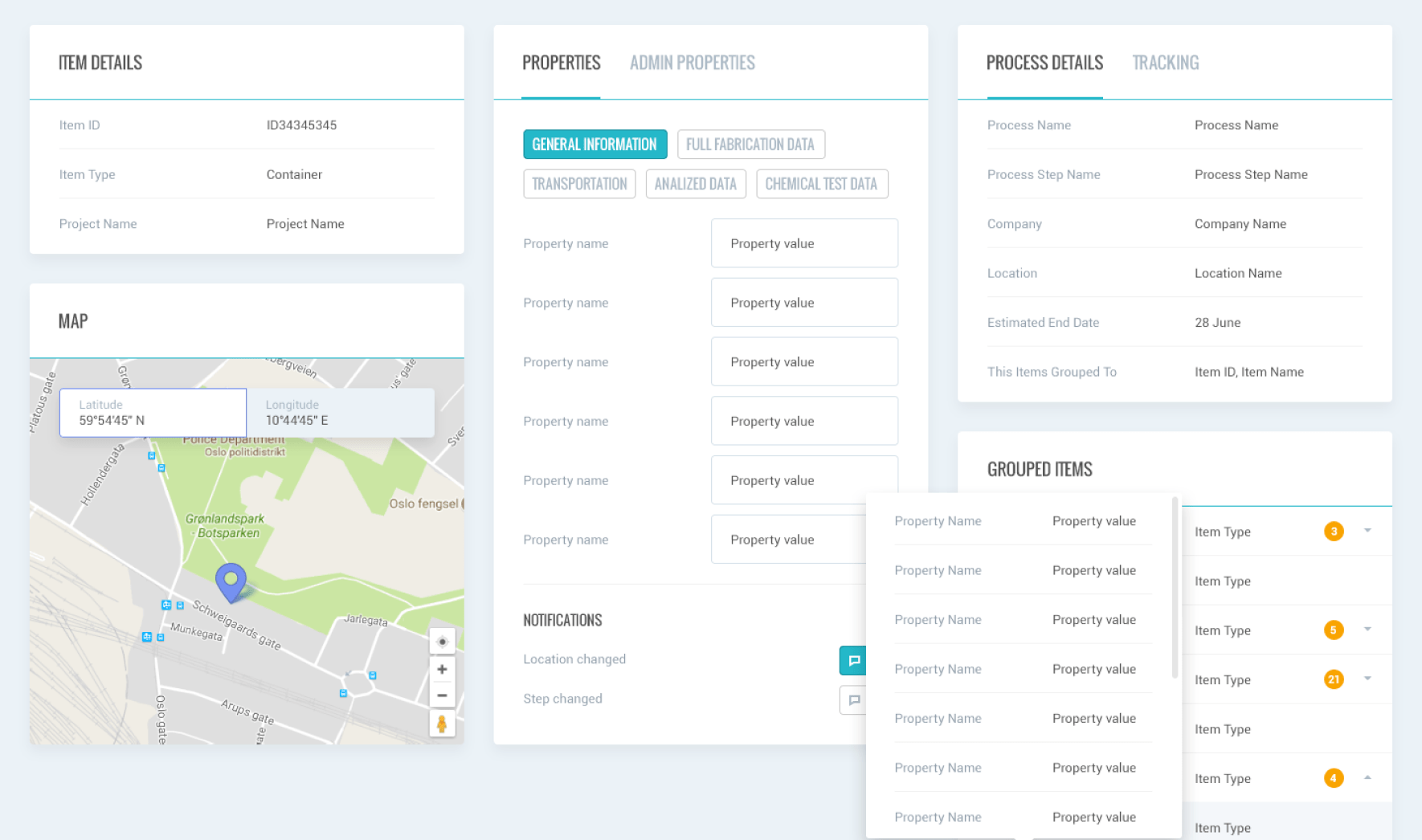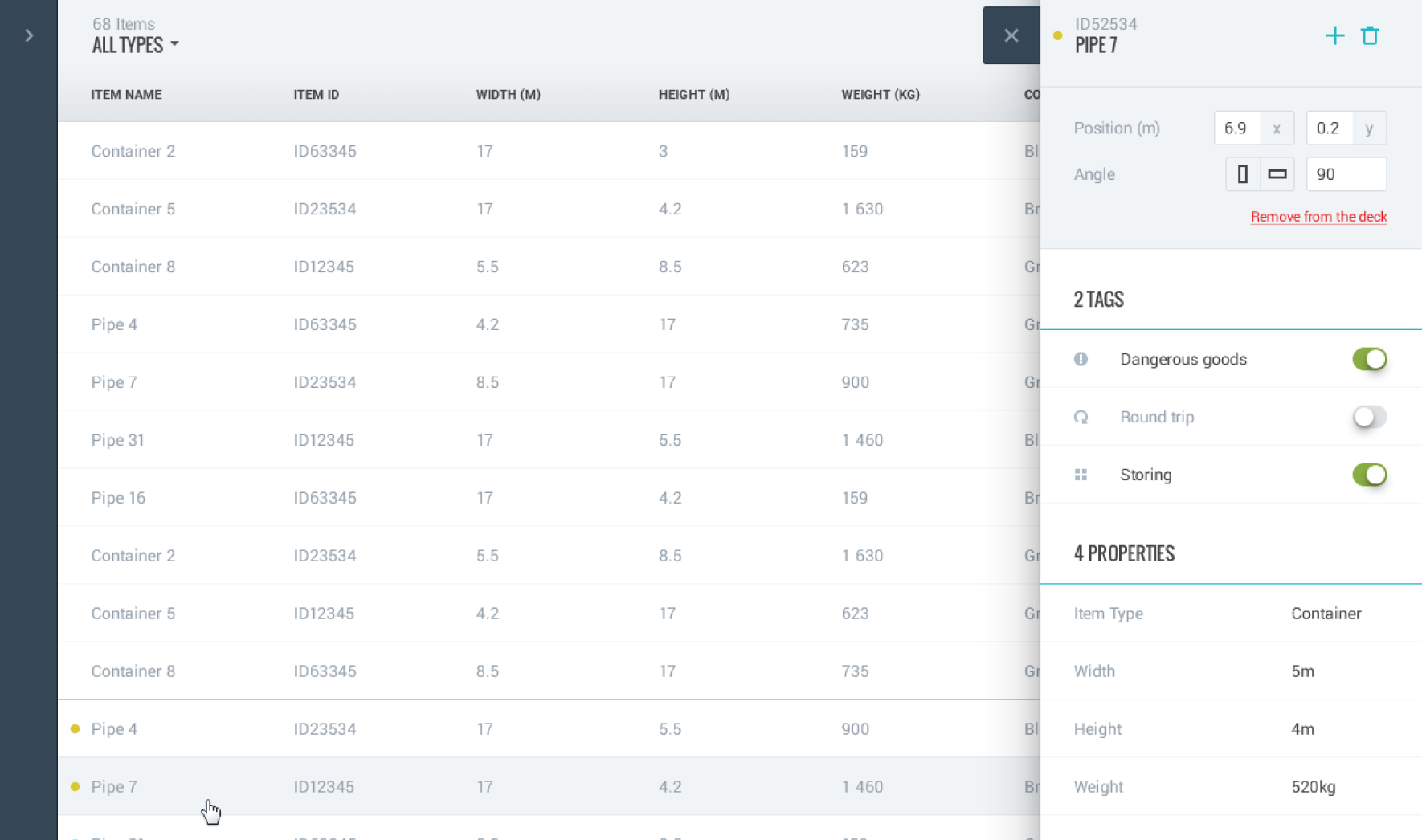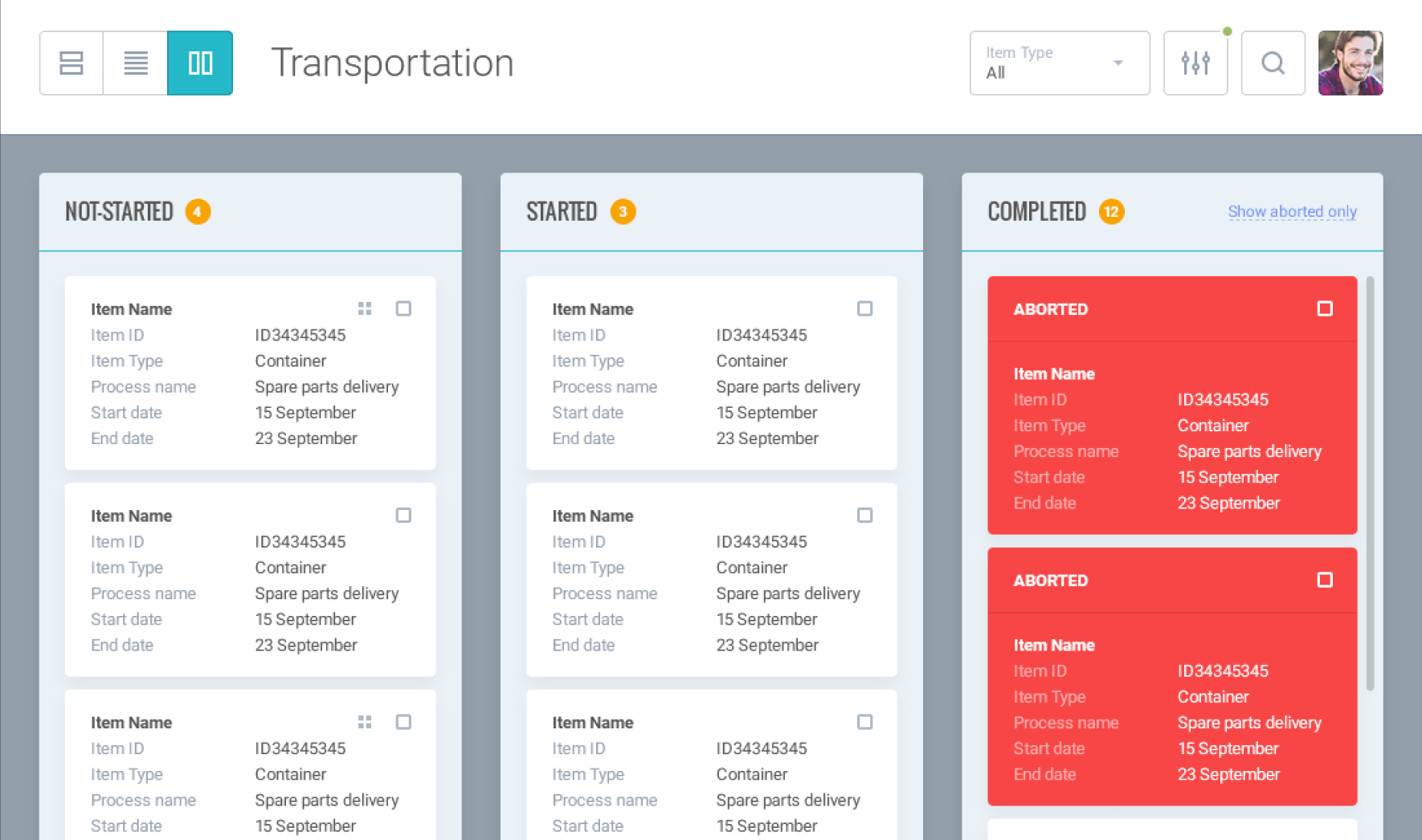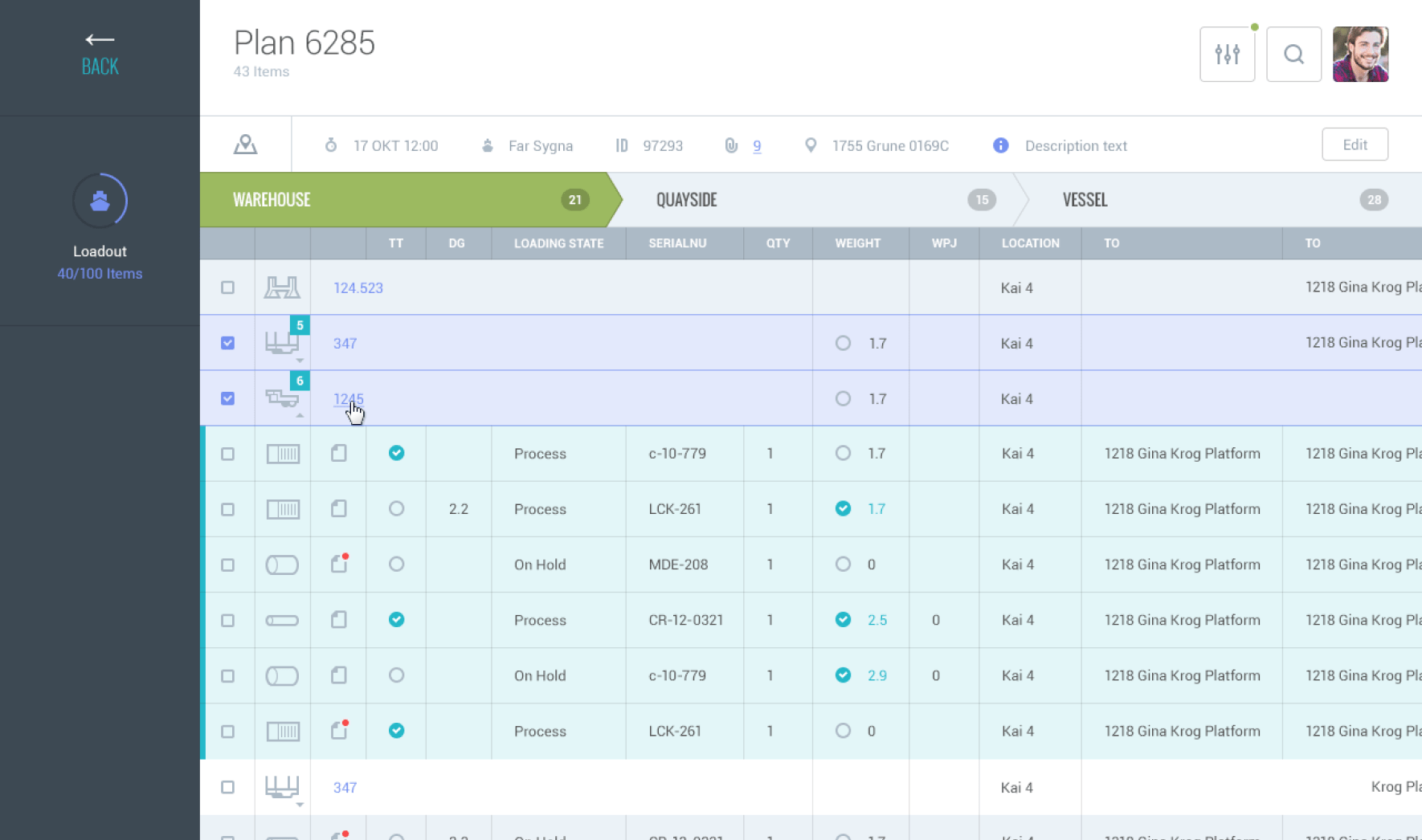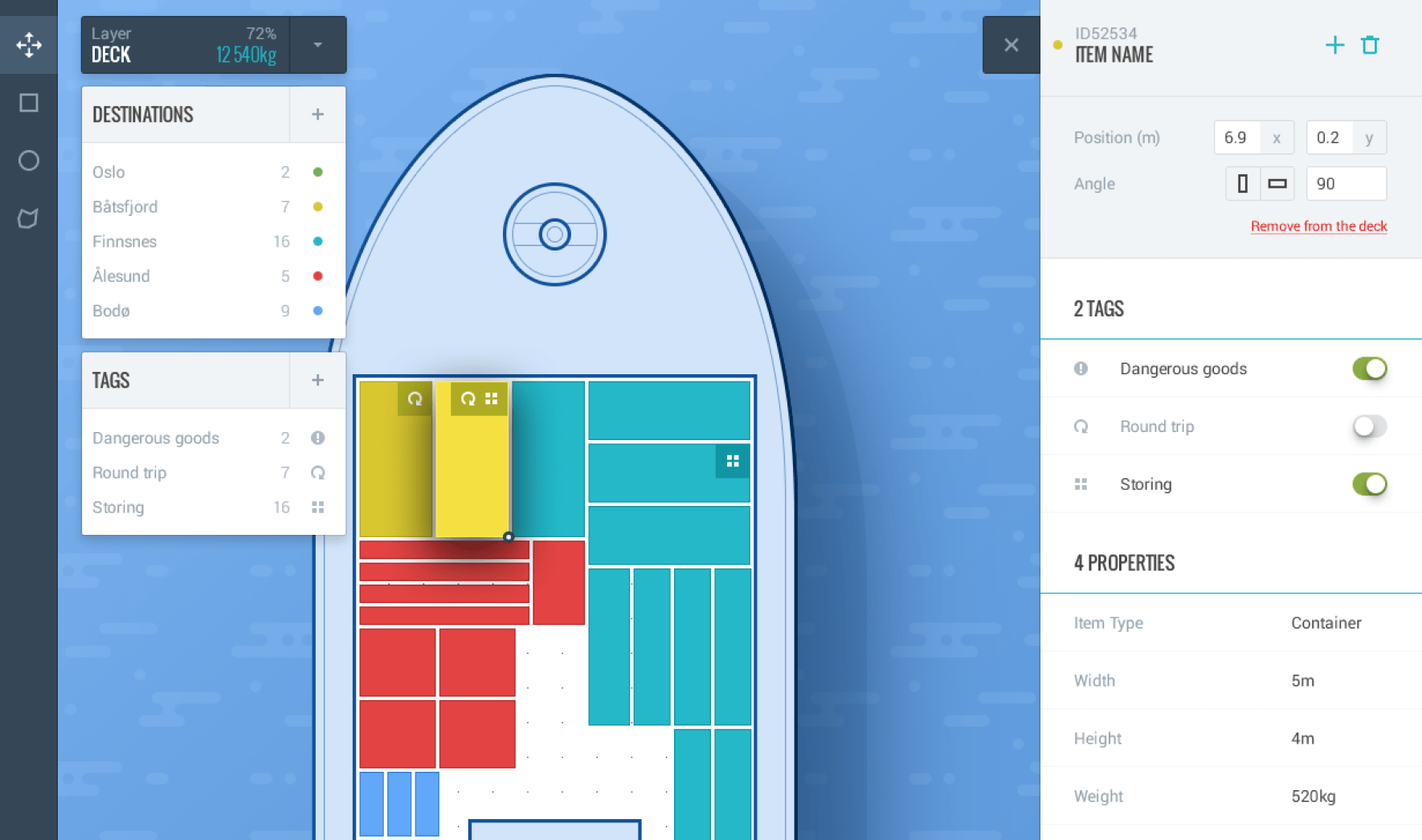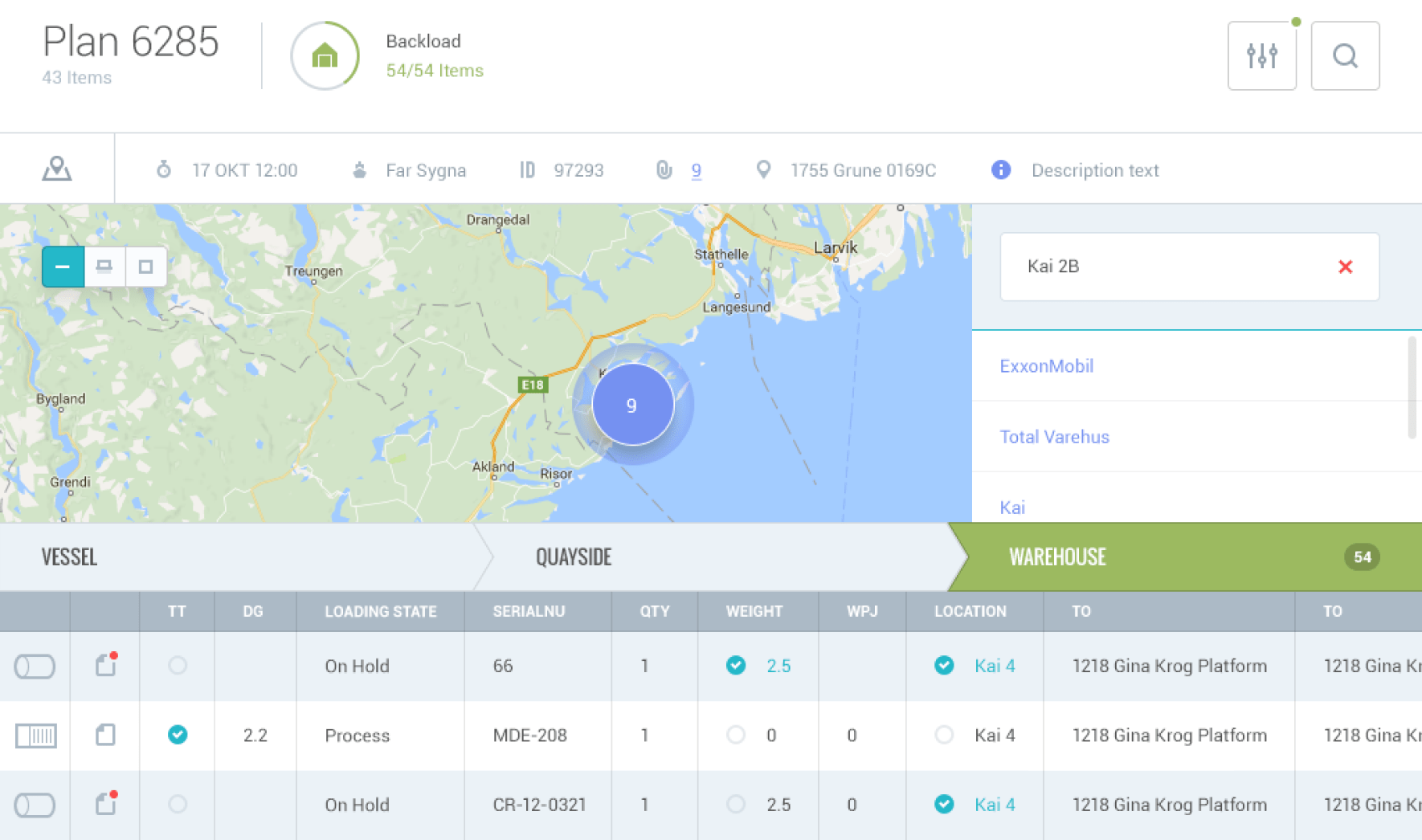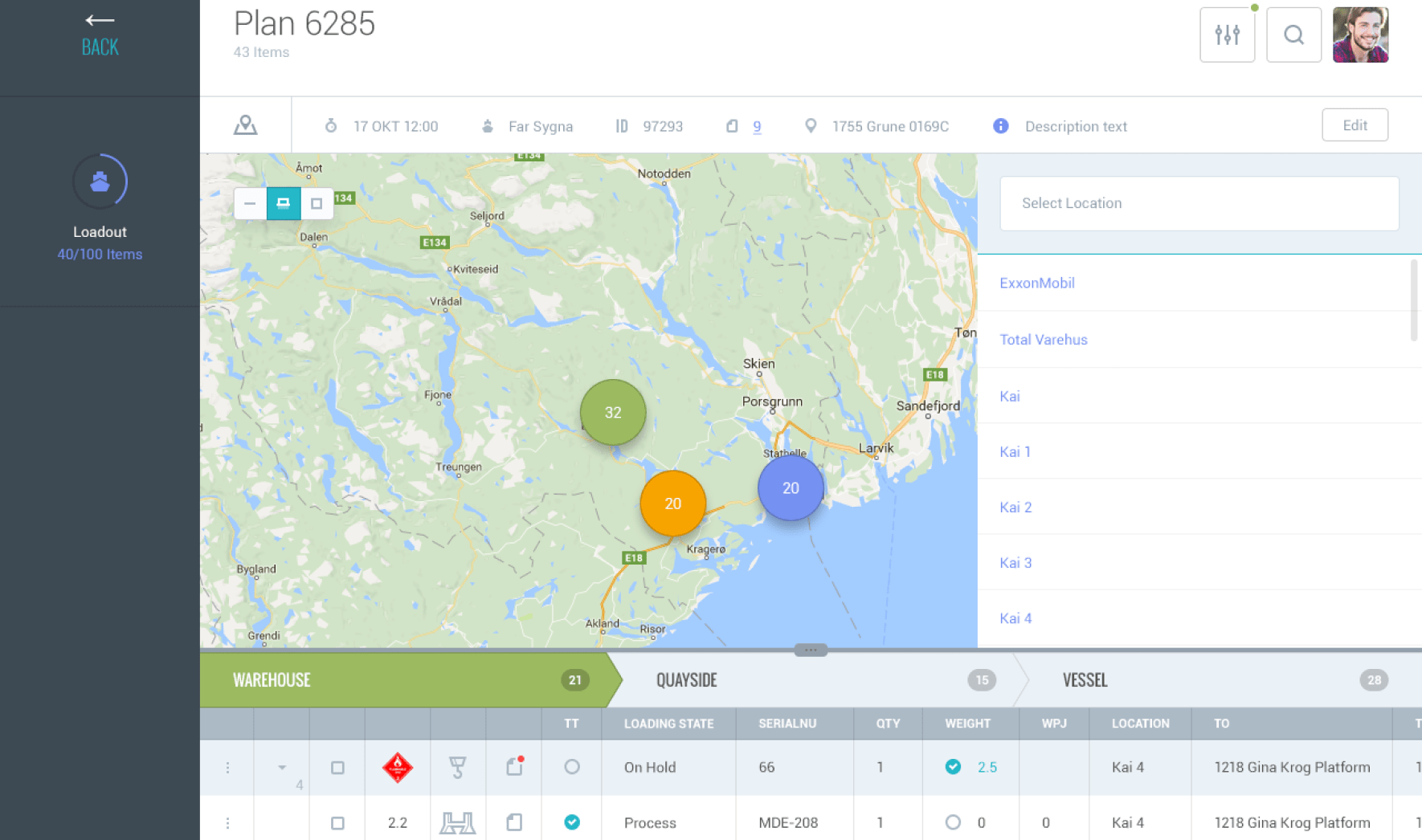close
- emailSend a requestphoneCall 1-650-419-3379phoneCall +1 (650) 419-3379phoneCall +44 2035140925 phoneToll-free 855-258-67-67
- Services
- Expertise
- Portfolio
- Customers
- About Us
- Contact Us

Microsoft Azure Consulting Services
Services
Technology expertise




Why partner with us
.net product, .net consulting, .net development services, .net engineers, .net company, .net developers, .net consulting, full .net product
Related cases
The team at Altoros has successfully implemented 1400+ projects, some of which can be accessed through this page. We do also share more details on a particular project and other stories of success on demand. Please do not hesitate to reach out to us with a request!
Enabling Real-Time Emergency Support for Car Owners
The customer
The company is a global provider of emergency assistance services for the automotive, travel, insurance, and healthcare industries. Founded in 1992 in New Zealand, the organization also operates in Australia and the United Kingdom.
The need
When the company turned to Altoros, it had a legacy system—for handling emergency requests—built on top of the outdated technology stack. The product was hard to maintain, it was impossible to extend the functionality, and lacked web interface. As a result, employees were not able to process emergency requests timely.
Cooperating with Altoros, the company wanted to create a cloud-native solution that would ensure 24/7 request processing in real time and let work from any place.
The challenges
Under the project, the team at Altoros had to address the following issues:
- To process emergency requests immediately, it was important to enable GPS tracking and visualize incidents on a map in real time.
- A vehicle location needed to be identified even if a user’s mobile phone is in the sleeping mode.
-
116,000
emergencies addressed
-
50
new partners
-
150
requests per day
The outcome
Partnering with Altoros, the customer has already addressed almost 116,000 road incidents providing assistance to 150+ car owners per day in real time. As the delivered solution gained popularity among end users, the company partnered with 50 new insurance providers to further improve customer service. By digitizing workflows, the organization ensured 24/7 emergency support.
Technology stack
Platform Azure Web Services
Programming languages C#, TypeScript, JavaScript
Frameworks and tools ASP.NET Core, Xamarin, Entity Framework Core, Serilog, AppInsights, Okta SSO, Stripe, PubNub, Twilio, Google Maps
Databases Azure MS SQL
Optimizing Cloud Infrastructure and Reducing Maintenance Costs
The customer
The customer is a US provider of industrial IoT systems to food manufacturing, warehousing, logistics, etc. The company offers a suite of four software products and six connected devices to monitor temperature and humidity, track assets, as well as manage workforce. Founded in 2016, the organization reported a revenue of $40.6 million.
The need
The customer had an industrial IoT suite to monitor manufacturing equipment and facilities. To store and analyze data collected from connected devices and sensors, the company was using a cloud platform. However, hosting and maintenance came at a hefty price, as well as idle resources. In addition to that, the company experienced issues with platform updates.
The company relied on Altoros to migrate to Microsoft Azure, since the platform had all the necessary tooling for ensuring high availability, achieving scalability on demand, and reducing maintenance costs. The customer also wanted to build iOS and Android apps to enable monitoring on mobile devices on the premises.
The challenges
Under the project, the team at Altoros had to address the following issues:
- It was important to ensure zero-downtime migration to a new cloud infrastructure.
- As the connected devices ran chances of external manipulations and hacker attacks, it was crucial to prevent any security breach.
- The suite had unpredictable behavior. With the lack of performance monitoring, it was impossible to timely detect bottlenecks and prevent crashes.
-
10
industrial IoT systems
-
2x
maintenance savings
-
$40.6M
revenue
The outcome
Partnering with Altoros, the customer migrated its industrial IoT suite to Microsoft Azure without downtime, ensured scalability on demand and saving dozens of thousands dollars on idle resources. With infrastructure monitoring and anomaly detection, the company enabled predictive maintenance, cutting associated costs by 2x. Thanks to a distributed architecture, the organization achieved high availability and improved fault tolerance. With cross-platform mobile development, the customer significantly reduced expenses, avoiding the necessity to build separate Android and iOS apps, as well as support two different systems.
Technology stack
Platform Microsoft Azure
Programming languages C#, Xamarin
Frameworks and tools .NET, Azure Active Directory, Azure Defender for IoT, Azure Sphere, Zabbix
Database Azure SQL Database
A System to Deliver Eye Diagnostics Results in Minutes Instead of Weeks
The customer
Based in Norway, the customer is a software provider for the healthcare industry. Founded in 2016, the company aims to increase the accessibility of ophthalmology services. For its research, the startup was acclaimed by Innovasjon Norge—a governmental agency for innovation and development. The company turned to Altoros to develop a cloud-based system for collaboration between opticians in stores and ophthalmologists in clinics.
The need
As of 2015, the number of ophthalmologists in Norway was rather low—81 per million of population. (To compare, Greece has 182.6 and Latvia—127.9). As a result, patients could wait from weeks to a year for an appointment. This impaired the ability to conduct regular eye checks and endangered patients at risk (people with diabetes, older people, etc.) who could not receive timely care. It might also require a trip to another town due to the lack of a local expert.
To fast-track eye diagnostics, the customer recognized the opportunity to transfer the process from clinics to optical stores that had necessary equipment. Relying on Altoros, the company wanted to build a cloud-based platform that would enable sharing of pathology findings between opticians in stores and ophthalmologists in clinics contributing to remote diagnostics.
The challenges
Under the project, the team at Altoros had to address the following issues: As the platform would store personal information and health records, it was crucial to ensure the security of sensitive data. Eye diagnostics was to be carried out on specialized equipment installed at optical stores. Opticians had to upload the photos taken to the system, so that ophthalmologists can analyze them remotely. Maintaining high resolution of the photos and preventing any quality loss was key to facilitating the analysis and safeguarding its precision.
-
15 min
diagnostics procedure
-
40%
onboarded opticians
-
$93.6M
potential cost savings
The outcome
Partnering with Altoros, the customer built a cloud-native platform that enables efficient remote collaboration between opticians in stores and ophthalmologists in clinics, reducing the time spent on diagnostics to just 15 minutes. Thanks to the system, people no longer have to wait for weeks to get an appointment as they can now test their eyesight at a local optical store.
With the delivered system, the company was able to sign up two largest Norwegian chains of optics, onboarding 40% of opticians in the country who facilitate counseling. The startup estimated that the platform had the potential to reduce social expenses—associated with healthcare costs and time-consuming processes—by $51.5–$93.6 million annually.
Technology stack
Platform Microsoft Azure
Programming language C#
Frameworks and tools Angular, ASP.NET MVC, ASP.NET Web Forms, Azure Service Fabric, Azure Active Directory, Bootstrap
Databases Amazon DocumentDB
Enabling Predictive Maintenance of Railway Switches
The customer
Based in Norway, the customer is a software provider for the healthcare industry. Founded in 2016, the company aims to increase the accessibility of ophthalmology services. For its research, the startup was acclaimed by Innovasjon Norge—a governmental agency for innovation and development.
The customer turned to Altoros to develop a cloud-based system for collaboration between opticians in stores and ophthalmologists in clinics.
The need
When the customer turned to Altoros, it had a legacy system for railway switch life cycle management. With no analytic capabilities, it was impossible to monitor parameters key to switch maintenance.
Collaborating with Altoros, the customer wanted to enable data-driven analytics and ensure predictive maintenance.
The challenges
Under the project, the team at Altoros had to address the following issues:
- It was almost impossible to identify a conventional name of a particular switch, as there was no naming standard across different railway traffic control systems.
- With scarce data scattered across multiple sources, it was still crucial to calculate cargo weight carried by freight passing through railway switches.
- The system needed to be aware of train routes and which train was splitted where.
-
4
maintenance areas
-
€300
mln turnover
-
2,420
railway switches
The outcome
Cooperating with Altoros, the customer developed the solution to manage railway switch life cycle. Through enabled analytics, the system ensures predictive maintenance across 2,420 railway switches in 4 regional areas.
Technology stack
Platform Microsoft Azure
Programming language R
Frameworks and tools Microsoft.Maps.SpatialMath, ArcGIS, QGIS, PostGIS
Database PostgreSQL
Enabling Traceability Across a Supply Chain Process
The customer
The company is a global provider of logistics services to energy industry. Founded in 1965, the customer operates supply bases in Norway, Denmark, the United Kingdom, Canada, and Australia.
The customer turned to Altoros to achieve cargo traceability at each step of the supply chain process.
The need
When the customer turned to Altoros, the established supply chain process was bogged down by mostly paper-based workflows. With multiple parties involved in each step, there was also almost impossible to track a cargo status. As a result, companies served by the customer lost millions of dollars in case of even a single-day delay in shipment.
Collaborating with Altoros, the customer wanted to enable cargo traceability and digitize the existing process.
The challenges
Under the project, the team at Altoros had to address the following issues: Since the company worked with highly sensitive data, information security had to be provided. As the cargo containers had dynamic sets of characteristics managed by multiple parties, it was important to track the changes introduced and prevent users from altering the information outside their scope of authority. Despite unreliable Internet in the field, the worker still had to be able to update the cargo status and all the related information.
-
15
quays
-
700,000
m² total base area
-
60+
service contractors
The outcome
As the company was already using Azure Active Directory to manage its customer base, our developers built the supply chain solution based on Microsoft Azure. By enabling role-based permissions, engineers at Altoros enforced security. By restricting access to particular workflows to authorized parties only, our team made it possible to track which changes were introduced by whom. Experts at Altoros ensured that users were able to report a status at each step of the process in real time. To prevent data loss due to unreliable Internet, our developers enabled smooth data synchronization once a stable Internet connection is available.
Partnering with Altoros, the company managed to minimize transportation delays and save millions of dollars for its customers by digitizing supply chain workflows and enabling traceability. With the solution that can be customized to the needs of supply chain processes for any industry, the organization got an additional revenue channel.
Technology stack
Platform - Microsoft Azure
Programming languages - Java 8
Frameworks and tools - Node.js, Angular, Spring Boot, Spring Data JPA, Hibernate, Maven, Azure DevOps Services, JUnit, Mockito, MockMVC
Database - Azure SQL, MS SQL Server, Liquibase
Enabling Scalability for a Trademark Registry with Millions of Users
The customer
The company is the creator of a public trademark registry. Delivering legal services, the customer also helps corporations and individuals to register, file, transfer ownership, and renew trademarks.
The customer turned to Altoros to enable scalability and high availability of its service, as well as improve overall performance and security.
The need
The company’s registry numbered 7 million global trademarks. All the public information about those could be found via the proprietary search engine, which generated 2 million page views monthly. Built on an outdated technology stack, the engine would crash during traffic peaks. This prevented users from both getting legal services and searching the registry. As the number of users grew, the system could neither sustain high loads, nor scale.
The customer sought assistance in migrating its registry to a cloud-native stack (Microsoft Azure) to enable scalability and high availability, as well as optimize overall performance.
The challenges
Under the project, the team at Altoros had to address the following issues: As the registry served 1 million unique users across 150 countries monthly, the migration had to be performed without downtime. The system was prone to unauthorized access due to insecure distribution of authentication codes that could be retrieved from e-mail.Due to the lack of a testing environment, it was impossible to ascertain the quality of new features before moving to production.
-
1M
users monthly
-
7M
trademarks registered
-
2M
page views monthly
The outcome
Partnering with Altoros, the customer migrated its proprietary registry—containing 7 million trademarks—to a cloud-native stack without downtime. Thanks to the migration, the system now has all the necessary services to ensure high availability to 1 million users monthly and can be scaled to address the growing loads. With enforced security, the customer mitigated the risk of unauthorized access to the registry. By optimizing database architecture, the company also improved overall performance and minimized the website response time to mere a second.
Technology stack
Server Platform - Microsoft Azure, Windows Server 2019
Client Platform - Microsoft IIS
Programming languages - C#, JavaScript
Frameworks and tools - ASP.NET, DevExpress, JQuery, Serilog, Windows Forms
Database - Microsoft SQL Server
Enabling Centralized Analysis of Athletic Performance in a Cloud
The customer
The company is a Norwegian provider of hardware / software solutions for professional sportsmen. The customer offers a suite of smart devices that measure performance in real time accompanied by a software system that analyzes and visualizes the results.
The need
In its portfolio, a provider has 13 types of devices—from force plates to speed sensors—used by individual athletes or sports teams. The sensors measure performance (running speed, lifted weight, force profiling, etc.) and send the results to a desktop system for visualization. Athletes may have trainings in multiple camps, but it is crucial to have a single view on performance results across all the locations. However, initially, the proprietary system was installed on premises, did not provide a centralized access to sportsmen profiles or historical data, preventing coaches and athletes from analyzing progress over time and developing improvement strategies.
Recognizing the need for transformation, the company turned to Altoros to enable its IoT-driven system work in the cloud, having a focus on high availability, scalability, and security.
The challenges
Under the project, the team at Altoros had to address the following issues:
- As the system would process personal information of athletes (from names to medical data), ensuring security and compliance with such regulations as GDPR was crucial.
- Only qualified coaches were allowed to conduct performance tests in the disciplines they were certified for and supervise the results via the system. It was important to implement access restrictions, so that unauthorized users could not alter critical data.
- Since each of the 13 smart devices types was built to evaluate different performance parameters (speed, velocity, etc.), the system would aggregate data in different measurement units (meters, seconds, kilos, etc.). This would cause certain difficulties when correlating and visualizing test results in a single diagram.
-
13
types of smart devices
-
6 months
on MVP delivery
-
GDPR
compliance ensured
The outcome
Together with Altoros, the customer built a cloud-native system that provides professional athletes and their coaches with centralized access to historical training data. Now, it is possible to have a single view over information gathered by 13 types of smart devices that may be located in different training camps, analyze athletes’ progress over time, and develop data-driven strategies to improve performance results.
With security measures in place, the company was able to prevent data tampering and lay the foundation for compliance with data protection regulations, such as GDPR.
Technology stack
Platform Microsoft Azure
Programming languages C#, TypeScript
Frameworks and tools .NET Core, Azure Active Directory, React.js, Telerik
Databases Microsoft Azure SQL Database
Our clients speak
Our aim is to reach customer satisfaction. Explore some of our clients’ testimonials to learn the results of our productive collaboration.

About Altoros
Partners
-
Headquarters4900 Hopyard Rd., Suite 100Pleasanton, CA 94588
-
Altoros Finland OYKyllikinportti 2,00240 Helsinki, Finland
-
Altoros Norge ASTordenskiolds gate 2, 0160 Oslo, Norway
-
Development Center, PolandMłynarska st. 42 /115,01-171 Warsaw
-
Development center, ArgentinaBuenos AiresAv. Federico Lacroze 2827,C1426CPP CABA, ArgentinaSanta Fe25 de Mayo 2884, S3000FUASanta Fe, Argentina

Copied
Copy to clipboard

